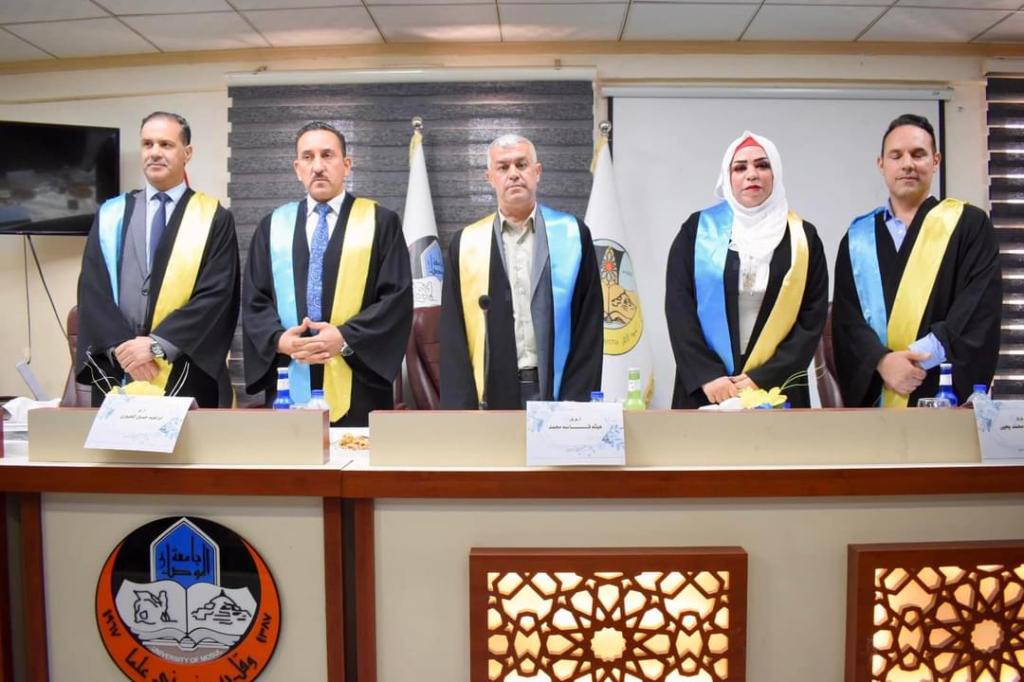29 September، 2022
Master’s thesis ((Blueprints for administrative and government buildings in the city of Mosul at the end of the Ottoman era))


29 September، 2022
Master’s thesis ((Blueprints for administrative and government buildings in the city of Mosul at the end of the Ottoman era))


salmafaiz2026-01-10T12:24:14+00:0006/01/2026|
salmafaiz2026-01-10T12:20:47+00:0001/01/2026|
salmafaiz2026-01-10T12:17:18+00:0001/01/2026|
salmafaiz2026-01-10T12:13:55+00:0031/12/2025|
salmafaiz2026-01-10T12:09:05+00:0031/12/2025|
salmafaiz2025-12-30T13:50:21+00:0028/12/2025|
salmafaiz2025-09-16T05:46:47+00:0016/09/2025|
2025-03-11T21:20:55+00:0009/03/2025|
2025-03-11T09:34:27+00:0026/02/2025|
2025-02-27T03:51:16+00:0026/02/2025|
2025-02-11T18:21:42+00:0010/02/2025|
salmafaiz2025-12-04T07:20:22+00:0003/12/2025|
salmafaiz2025-10-16T07:56:49+00:0014/10/2025|
salmafaiz2025-10-14T06:49:45+00:0008/10/2025|
salmafaiz2025-10-07T09:07:13+00:0030/09/2025|
salmafaiz2025-09-20T15:09:27+00:0018/09/2025|
salmafaiz2025-09-20T15:04:09+00:0017/09/2025|
Al Majmoaa Street
Postal Code : 41002
Mosul – Iraq
All Rights Reserved for University of Mosul - 2026